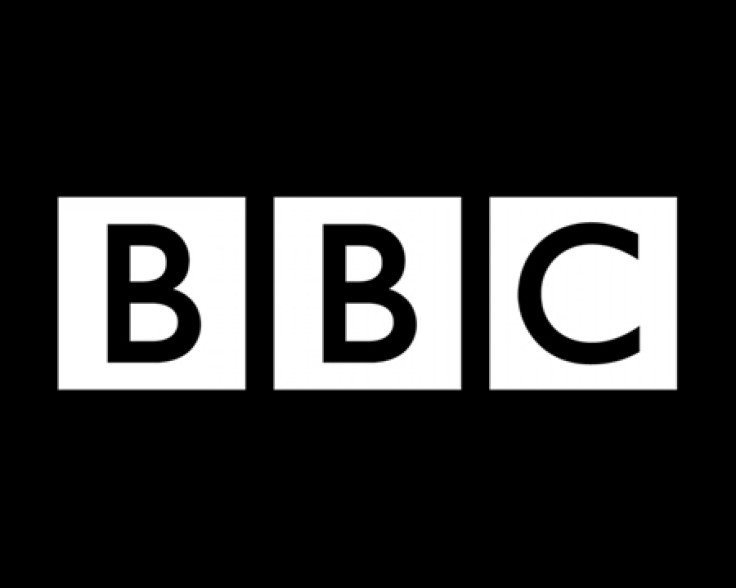BBC Facing Sexism Charges Amid Savile Scandal

In what some consider an embarrassing blunder, the BBC failed to feature a female commentator during a Breast Cancer segment on the network’s Radio 4 last week. The oversight has led to the launch of a new website that is working increase the number of female experts consulted during news reports.
According to the Hollywood Reporter, journalist Caroline Criado-Perez and partner Catherine Smith have started Thewomensroom.org.uk to help facilitate the consultation of more female experts on air.
The site asks, “Are you a woman? Are you an expert in your field? Do you feel under-represented in the media? You should. ... A Radio 4 spokesperson claims that this is because they have to reflect the reality that there just aren’t that many women experts around. This website is about proving them wrong.”
Women who consider themselves experts on a particular subject, whether through education or experience, may register on the site. Topics include disability, history, medicine, sexuality, among others.
"Again and again, the BBC doesn't try hard enough," Perez told the Guardian. "Seemingly, it doesn't think fair representation is particularly important.
“Too often, 'expert' is defined as a white middle-class man. That doesn't reflect the huge expertise and variety of experiences we have in society,“ Perez continued. “Instead, the media again and again draw on a small privileged group, and the knock-on effect is that all those other voices aren't heard. Their needs aren't reflected in public policy, and citizenship is defined by a very narrow strata and is far from inclusive. That's what makes me angry. The BBC says it can't find female experts. We say, you're just not looking hard enough."
According to the BBC’s official site, the company has valued the contributions of female commentators and media personalities since the early 1920s -- a time when women were slowly being integrated into the workforce. As of 2008, women hold roughly 40 percent of senior management positions. Yet in September, the BBC was accused of gender discrimination when it comes to filling top-level positions.
In September, the Daily Mail reported that Caroline Thompson, the BBC’s chief operating officer, resigned from her role after she was passed over for the position of the broadcasting firm’s director-general.
"Despite the BBC having improved as a place to work as a woman -- with three female executive directors -- it still has a long way to go on the equality agenda for women and ageism,” Thompson told the outlet. “The two go hand in hand, and its culture will only change when these issues are addressed. You can't assume you have done it with women -- it's quite a fragile issue to address.”
Helen Boaden, the director of BBC News, also failed to secure the position, which has never been held by a woman.
Ironically, George Entwistle, who won the job over Thompson and Boaden, has publicly stated that the BBC needs to consult more women during segments.
“We have made real progress in actively looking for, and finding, great female experts to front our big factual shows, but it's not enough," Entwistle told the Guardian in September.
Carol Cadwalladr of the Observer has noted that the recent Jimmy Savile scandal marks an unfortunate tie-in with gender inequality at the BBC:
“It's just a coincidence that the Savile scandal kicked off a matter of weeks after the BBC declined to appoint either of the two highly qualified women who applied to be director-general. Maybe they weren't the right people for the job. But then a woman has never been the right person for that job.”
Savile, a BBC host who died last year, was recently accused of sexually assaulting a number of school girls. The ITV documentary “Exposure: The Other Side of Jimmy Savile,” which premiered last month, alleges that Savile and other BBC employees may have sexually assaulted up to 200 girls since the mid-'70s.
© Copyright IBTimes 2024. All rights reserved.











